Is becoming a Food Scientist your dream career option? Check out the complete step by step process on how to become a Food Scientist, Eligibility, Exams, Skills Required and Salary in 2023.
How to Become a Food Scientist in India? To become a Food Scientist, the candidate must earn a bachelor’s degree in food science or food technology, pursue relevant courses and certifications, and apply for internships to gain practical experience to land their dream job as a Food Scientist. Food Scientists are professionals employed by research centres, government agencies, food manufacturing companies, etc to inspect and research food safety protocols, safety and storage requirements.
Food Scientist job outlook is projected to grow at the fastest pace of 6% between 2022 and 2032 with an average annual growth of 1,34,500 new job opportunities over the last decade as per the Bureau of Labor Statistics report. The average Food Scientist salary in India ranges from INR 6 to 12 LPA and the range can go up to INR 18 LPA with 3-5 years of work experience.
Table of Contents
- Who is a Food Scientist?
- What Does a Food Scientist Do?
- How Long Does it Take to Become a Food Scientist?
- Types of Food Scientists
- Food Scientist Vs Food Technologist
- Food Scientist Salary in India
How to Become a Food Scientist?
Candidates passionate about food science, food storage and safety can choose a career as a Food Scientist. Here is the step-by-step guide on how to become a Food Scientist in India:
- Step 1: Earn a Bachelor’s Degree
- Step 2: Opt for Higher Education
- Step 3: Gain Hands-on Experience Through Internships and Projects
- Step 4: Acquire Professional Certifications
- Step 5: Enhance Required Skills
- Step 6: Get a Food Scientist Job
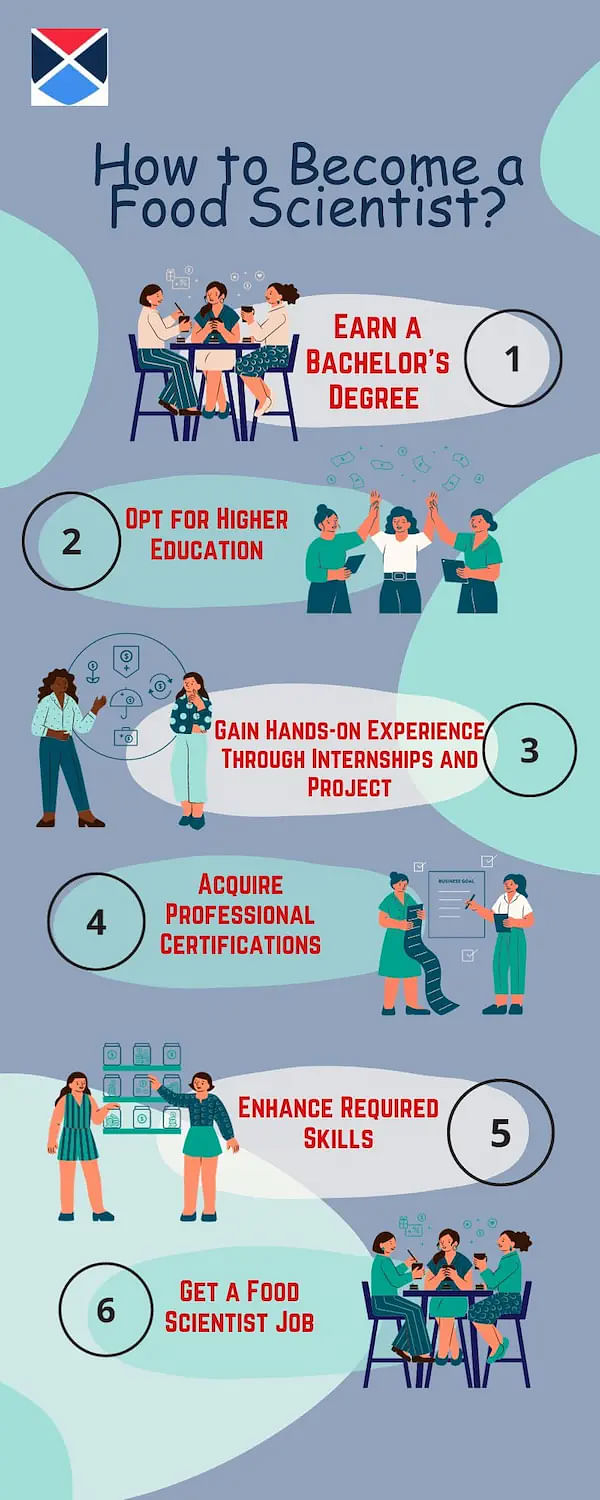
Step 1: Earn a Bachelor’s Degree
The first and most important step in achieving a career in food science is to fulfil the education needed to be a food scientist. Candidate must have completed 10+2 with atleast 50% aggregate marks with Physics, Chemistry and Biology as mainstream subjects from any recognised institution to be eligible for admission.
Candidates can proceed with pursuing a bachelor’s degree in food science such as a BSc in Food Technology, Bachelor of Science in Food Processing Technology, BSc in Food Science, etc. Listed below are some of the undergraduate courses that a student can pursue to become a Food Scientist in India:
|
UG Courses |
Duration |
Average Fees |
|
3 Years |
INR 21,000 PA |
|
|
3 Years |
INR 18,000 PA |
|
|
4 Years |
INR 4,00,000 PA |
|
|
4 Years |
INR 1,71,000 PA |
|
|
B.E. in Food Technology. |
4 Years |
INR 2,00,000 PA |
|
B.E. in Food Technology and Bio-Chemical Engineering |
4 Years |
INR 1,40,000 PA |
|
B.sc(Hons.) in Food Science and Technology |
3 Years |
INR 36,000 PA |
|
Bachelor of Science in Food Processing Technology |
3 Years |
INR 42,000 PA |
|
BSc Food Science |
3 Years |
INR 1,00,000 PA |
|
B.Sc(Hons.) in Food Technology |
3 Years |
INR 60,000 PA |
Step 2: Opt for Higher Education
Becoming a Food Scientist requires extensive domain knowledge and expertise and to achieve that candidates must consider pursuing a postgraduate degree in Food Science or technology. Listed below are some of the postgraduate and doctorate degrees that a candidate can pursue to become a Food Scientist in India:
Postgraduate Courses
Upon successful completion of a bachelor’s degree, candidates can opt for the following master’s degree as per the eligibility criteria and admission process:
|
PG Courses |
Entrance Exam |
Average Fees |
|
DUET, NEST, IIT JAM |
INR 1.5 LPA |
|
|
CUET, DUET, NEST, IIT JAM |
INR 1.25 LPA |
|
|
GATE, TANCET |
INR 3.2 LPA |
|
|
MSc Food Manufacturing Management and Sustainability |
CFTRI, TISS NET, DUET |
INR 2.0 LPA |
|
MSc in Food Engineering |
DUET, TISS NET, CUET PG |
INR 2.2 LPA |
|
MSc Food Quality and Safety |
CFTRI, GATE, AUCET, |
INR 2.5 LPA |
Doctorate Degrees
To enhance their knowledge further and for better career prospects, candidates can opt for doctorate degrees in food technology or food science. Listed below are some of the PhD courses related to food science and their details:
|
PhD Courses |
Duration |
Average Fees |
|
3-5 Years |
INR 1,15,000 PA |
|
|
PhD Food Science and Technology |
3 Years |
INR 1,25,000 PA |
Step 3: Gain Hands-on Experience Through Internships and Projects
It is highly important for food scientist graduates to practice what has been learned and to apply it in practical scenarios by doing personal projects and applying for internship opportunities.
- Internship: As a Food Scientist intern, the candidate will be involved in duties such as assisting in research work, reporting and documentation, and regulatory compliance by shadowing and observing the senior employees in the team.
- Projects: Furthermore, candidates can also work on personal projects by connecting and networking with peers in the food industry to learn more about food production and manufacturing processes.
- Volunteering Activities: Additionally, candidates can also participate in volunteering activities in NGOs which deal with food production, manufacturing and delivery to develop their skills further
Step 4: Acquire Professional Certifications
The next step to becoming a Food Scientist is to acquire professional certification as most of employers, especially in the area of research and development require a professional certification to become a successful Food Scientist in India and abroad.
Listed below are some of the Food Scientist certification courses:
- PG Diploma in Food Processing and Nutraceuticals
- Certificate in Analytical Approaches to Food Safety Issues
- Certificate in Food Safety and Management System
- Stanford Introduction to Food and Health
- HACCP for Food Safety for ISO 22000
- Introductory Food Science and Technology Certificate Program
- Unravelling Solutions for Future Food Problems
- Sustainable Food Production Through Livestock Health Management
- The Economics of Agro-Food Value Chains
- Future Food: Sustainable Food Systems for the 21st Century
Step 5: Enhance Required Skills
Once the educational requirements are fulfilled, the candidates must focus on developing the hard and soft skills required to become a Food Scientist. Listed below are the important skills required for Food Scientist:
- Scientific Foundation Skills: To excel in a career as a Food Scientist requires a strong foundation and understanding of scientific concepts including Chemistry, Microbiology, Biology, Mathematics, etc.
- Technical Skills: Food Scientists are expected to demonstrate technical skills such as Data Analysis, Database Management, Visualization, and Spreadsheet techniques for various documentation and report-keeping processes which is a part of the job requirements
- Soft Skills: Candidates must focus on soft skills alongside technical and scientific skills to build a career in Food Science which includes excellent communication, observation skills, attention to detail, Teamwork, etc.
| Career as a Food Inspector | Career as a Health Inspector |
Step 6: Get a Food Scientist Job
The final step to becoming a Food Scientist is to apply for a job by submitting an impactful resume and cover letter including the educational background, skill set, experience, etc. The average entry-level Food Scientist salary in India ranges from INR 3.0 LPA. Listed below are some of the entry-level Food Scientist jobs and their salary details:
|
Food Scientist Job Role |
Average Entry-Level Salary |
|
Quality Assurance Technician |
INR 5.7 LPA |
|
Food Technologist |
INR 3.2 LPA |
|
Research and Development Executive |
INR 3.8 LPA |
|
Sensory Scientist Assistant |
INR 3.2 LPA |
|
Food Safety Officer |
INR 4.3 LPA |
|
Nutrition Labeling Specialist |
INR 4.8 LPA |
Who is a Food Scientist?
Food Scientists are professionals who are involved in the innovation, inspection, manufacturing, storage, and testing of food products in manufacturing units, industries or government agencies. They are generally involved in food production activities right from soil analysis to improving the quality and productivity of animals used for food production and food processing.
Food Scientists work on optimising the effectiveness of crop production by introducing various technology that protects the environment. Apart from these, they also ensure that safety protocols are being followed in the manufacturing and production units by conducting testing and inspection at all stages of production and waste management processes.
What Does a Food Scientist Do?
The role of a Food Scientist is considered one of the important job designations as it involves responsibilities at all levels of food production to storage and waste management protocols. Listed below are the duties and responsibilities of a Food Scientist:
- Responsible for visiting the farms and poultry to improve the quality of the production and introducing new technologies when required
- Inspecting the food manufacturing and production processes to ensure that all the safety protocols are being followed
- Innovating and overseeing the food processing, storage and packaging methods to avoid any wastage or health hazards
- Research on the ingredients used and introduce alternatives when required to maintain the food standard and quality.
- Food Scientists working for government agencies or research institutes often visit restaurants and hotels to inspect the safety and sanitation protocol in food preparation and waste management
| Career as a Food Safety Officer | Career as a Food Critic |
How Long Does it Take to Become a Food Scientist?
To become a food scientist in India typically requires 5 to 6 years as the process involves getting a bachelor’s and master's degree in food science to gain the relevant experience and knowledge followed by internship and certifications.
Some candidates might take an additional 2 years to pursue doctoral studies and work on personal projects to gain hands-on experience. After gaining 5-7 years of work experience, candidates will be able to pursue a designation as a Food Scientist.
Skills Required to Become a Food Scientist
Food Scientists are involved in various duties and responsibilities in job roles and are expected to demonstrate a strong set of skills including scientific skills, technical skills and soft skills. Given below are the skills required to become a Food Scientist:
Scientific Foundation Skills
Candidates need to have a good understanding of the scientific concepts and techniques to be able to implement them in a practical scenario. Listed below are some of the scientific foundation skills required for candidates aspiring to become a Food Scientist:
|
Chemistry |
Microbiology |
|
Mathematics |
Biochemistry |
|
Biology |
Quantifying Skills |
Hard Skills
Candidates aspiring to become Food Scientists must develop significant skills ranging from culinary to food storage. Tabulated below are some of the hard skills required to become a successful Food Scientist:
|
Food Safety |
Food Engineering |
|
Sensory Analysis |
Quality Assurance |
|
Regulatory Compliance |
Culinary Skills |
|
Nutritional Science |
Good Manufacturing Practice |
Soft Skills
In addition to the domain knowledge and strong skill set, the candidate must develop the following soft skills to excel in a career as a Food Scientist:
|
Communication Skills |
Observation Skills |
|
Problem-Solving |
Team Work |
|
Time Management |
Adaptability |
|
Emotional Intelligence |
Critical Thinking |
Top Food Science Colleges in India
The average Food Science course fee ranges from INR 5,000 to 3,50,000 PA based on the infrastructure, placement opportunities, teaching methodologies, etc. The Food Science courses are offered by various private and government institutions, the details of the top 10 Colleges offering Food Science courses in India are given below:
|
S.No |
Name of the College |
Average Fees |
|
1 |
INR 41,500 PA |
|
|
2 |
INR 21,000 PA |
|
|
3 |
INR 1,00,000 PA |
|
|
4 |
INR 58,000 PA |
|
|
5 |
INR 1,14,000 PA |
|
|
6 |
INR 1,40,000 PA |
|
|
7 |
INR 60,000 PA |
|
|
8 |
INR 28,400 PA |
|
|
9 |
INR 10,000 PA |
|
|
10 |
INR 62,500 PA |
Food Scientist Vs Food Technologist
Food Scientists are professionals involved in the innovation and development of food manufacturing and storage technologies while Food Technologists are involved in responsibilities such as studying and researching the composition of food to develop processing, production and packaging methods.
Here is the comparison between Food Scientist and Food Technologist based on various parameters:
|
Career |
Food Scientist |
Food Technologist |
|
Roles and Responsibilities |
Responsible for collaborating and overseeing the process of food production and manufacturing from scratch right from producing quality crops and poultry |
Responsible for inspecting, testing, and enhancing the process of food production by using various technologies and software |
|
Educational Requirements |
Bachelor’s degree in Food Science |
Bachelor’s degree in Food Technology |
|
Skills Required |
Sensory Analysis, Culinary Skills, Quality Assurance, Research Skills |
Analytical Skills, Observation Skills, Food Safety, Infection Control |
|
Average Salary |
INR 6-12 LPA |
INR 3.2 - 6.1 LPA |
|
Area of Recruitment |
Research and development, Government Agencies, Food and Beverage Industry |
Food Manufacturing Units, Supply Chain and Logistics, Educational Institutions |
Types of Food Scientists
The Food Industry is a vast field and candidates will be able to choose the right career path based on their area of interest, passion, scope for learning, career opportunities, etc. Given below are the types of Food Scientist:
1. Food Technologist
Food Technologists are generally involved in the food production process by improving the texture, taste, appearance and smell of the food that is being manufactured by applying various scientific methods and techniques.
2. Quality Assurance Specialist
QA specialists are responsible for inspecting the quality of the food by conducting various tests and inspections to ensure that the safety protocols and industry standards are being followed. Quality Assurance Specialists are recruited by government agencies, laboratories, manufacturing units, etc.
3. Food Chemist
Food Chemists are responsible for inspecting the chemical composition and ingredients used in food production and ensuring they adhere to the industry standards by conducting audits. They are also responsible for researching and investigating the effectiveness of each ingredient in the preparation process.
4. Food Microbiologist
Food Microbiologists are responsible for researching the ingredients for any microbial contraction such as viruses, bacteria, fungi, etc. They are also involved in the process and preparation of food and storage to prevent any foodborne disease and spoilage.
5. Regulatory Compliance Specialist
Regulatory Assurance Specialists are food industry professionals who are mostly involved in the process of inspection, infection control, sanitation, etc. They visit food preparation units and restaurants to ensure safety and infection control protocols are followed.
6. Nutritional Scientist
Nutritional Specialists are professionals who have very good expertise in understanding the process of food digestion, absorption and metabolism and its effects on the human body. They are employed in healthcare settings to provide consultation and dietary advice to patients dealing with various medical conditions.
7. Sensory Scientist
Sensory Scientists are mostly employed in food manufacturing or preparation units and they are responsible for enhancing the appearance, taste, texture and smell of the food that is being prepared by conducting various experiments.
Food Scientist Salary in India
The average Food Scientist salary in India ranges from INR 6-12 LPA based on the domain expertise and experience and the range can go up to INR 18 LPA with 3-5 years of work experience. Listed below are the Food Scientist salary details for various job designations:
|
Food Scientist Salary |
Average Entry-Level Salary |
Salary After 3+ Years of Experience |
|
Food Safety Specialist |
INR 6.2 LPA |
INR 11 LPA |
|
Food Scientist |
INR 4.8 LPA |
INR 16.1 LPA |
|
Food Technologist |
INR 5.6 LPA |
INR 12.1 LPA |
|
Quality Assurance Officer |
INR 3.6 LPA |
INR 9.5 LPA |
|
Regulatory Compliant Officer |
INR 3.2 LPA |
INR 10 LPA |
|
Food Chemist |
INR 2.7 LPA |
INR 7.5 LPA |
|
Research and Developement Scientist |
INR 6.8 LPA |
INR 15 LPA |
Pros of Becoming a Food Scientist
A career as a Food Scientist has a great scope with increasing awareness about food safety protocols and infection control practices. Here are some of the important benefits of becoming a Food Scientist in India:
- Creative WorkForce: The food industry is ever-changing and evolving in terms of technology and requires the candidates to be creative and innovative thus helping in career progression and learning.
- Diverse Career Opportunities: By choosing a career as a Food Scientist, the candidate will be able to work in diverse fields from logistics, the hospitality sector, government agencies, laboratories, etc
- Job Security: With the increase in demand for food processing and manufacturing units and new industries and sectors, there is a high demand for Food Scientist
- Competitive Salary: Food Scientists are offered competitive salaries as per the industry standards as the job requirements include extensive educational background and domain expertise.
Cons of Becoming a Food Scientist
Candidates must also understand the cons of becoming a Food Scientist before choosing a career in Food Science, the details of which are given below:
- Exposure to Hazards: The work environment of Food Scientists poses a lot of risks to health and safety in case the protocols are not being followed strictly.
- Limited Creativity: The job role of a Food Scientist may involve repetitive work routines and have limited room for creativity and learning.
- Strict Regulations: Maintaining safety protocols in the food industry is highly essential and hence maintaining the safety standards at all times and keeping up with the paperwork and documentation can be exhausting at times.

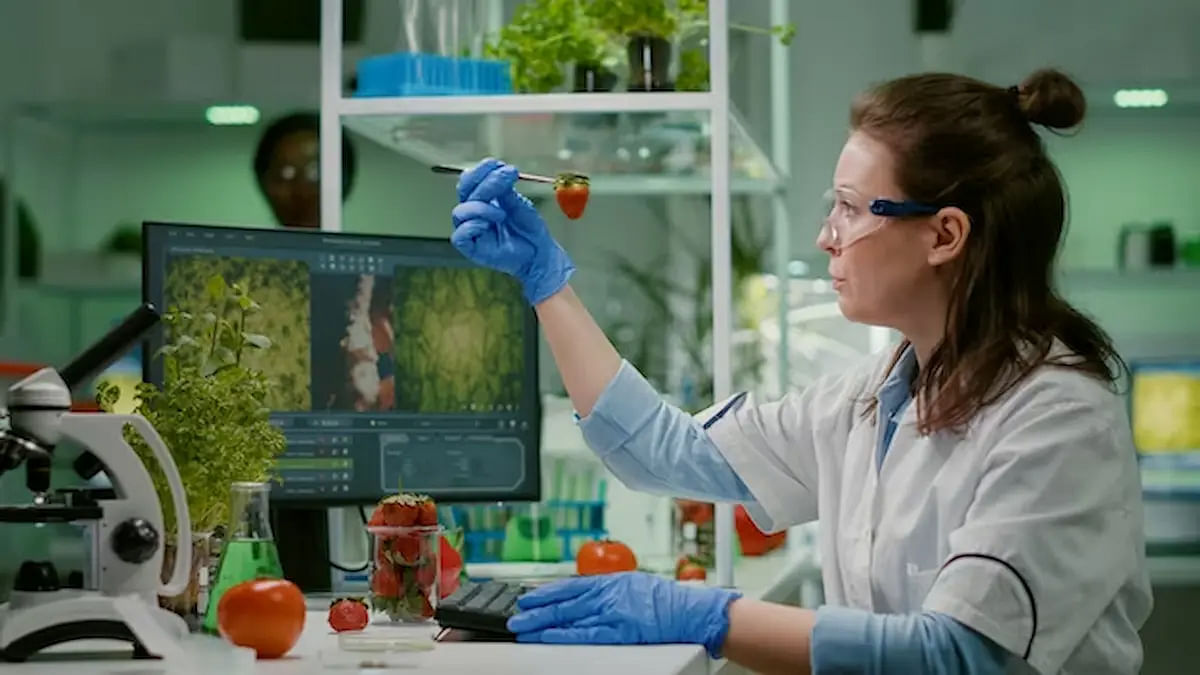
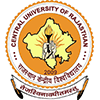

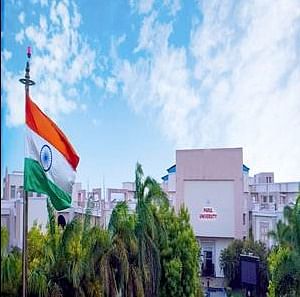

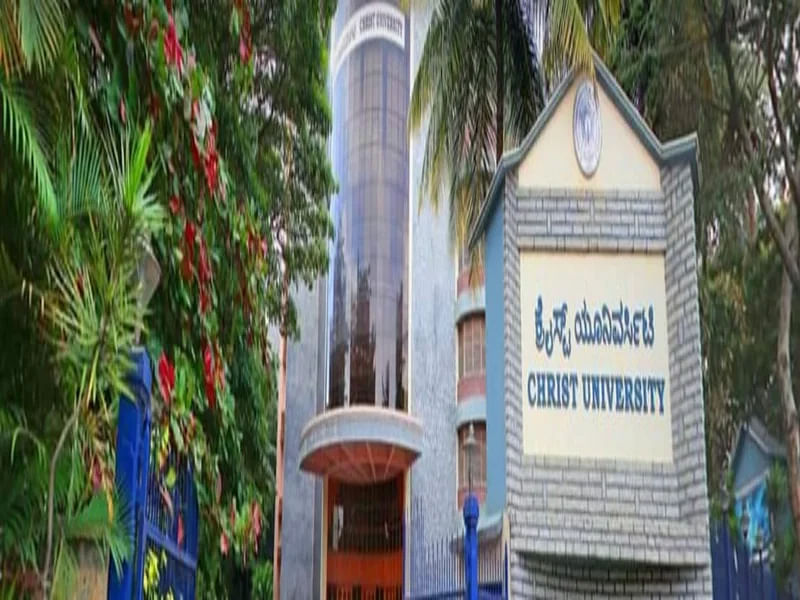



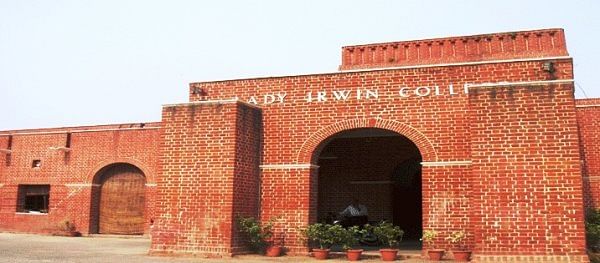

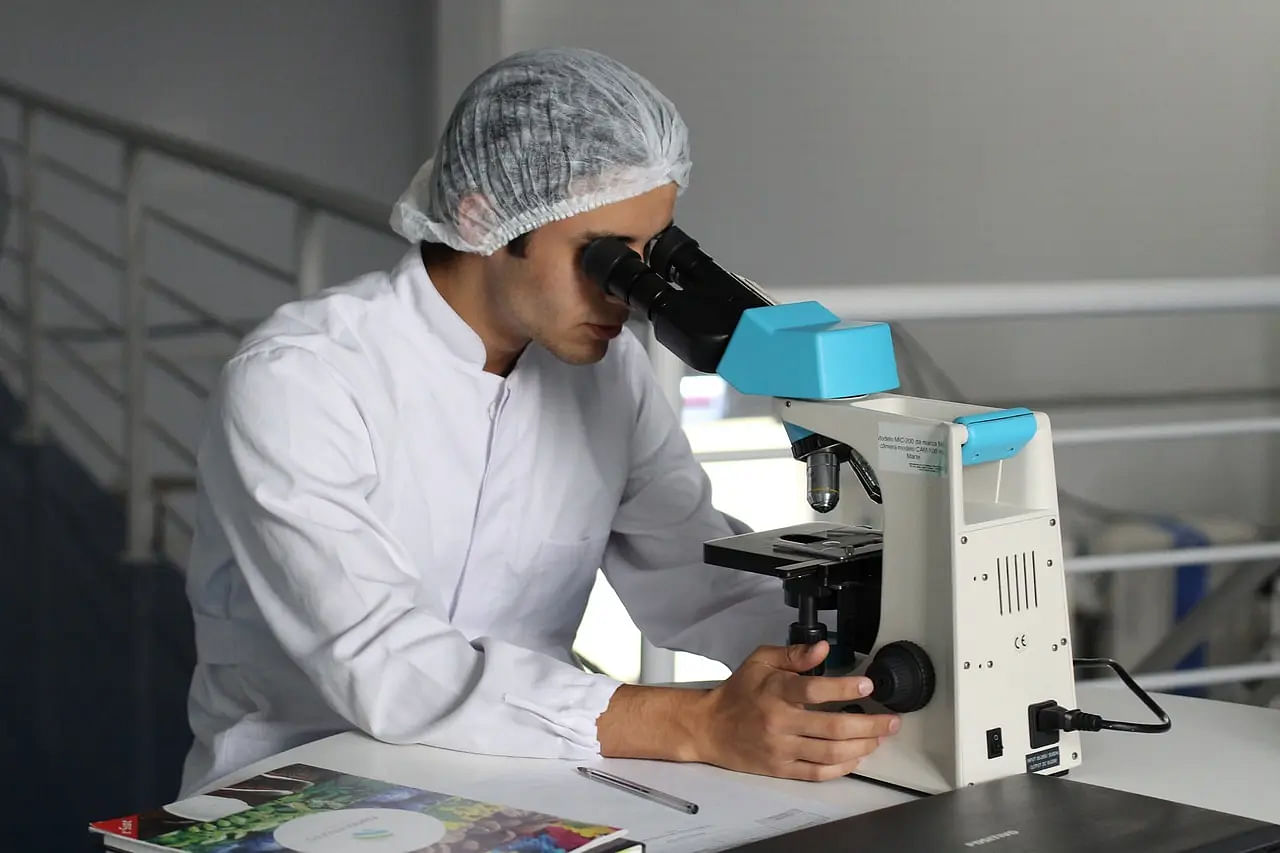






POST YOUR COMMENT